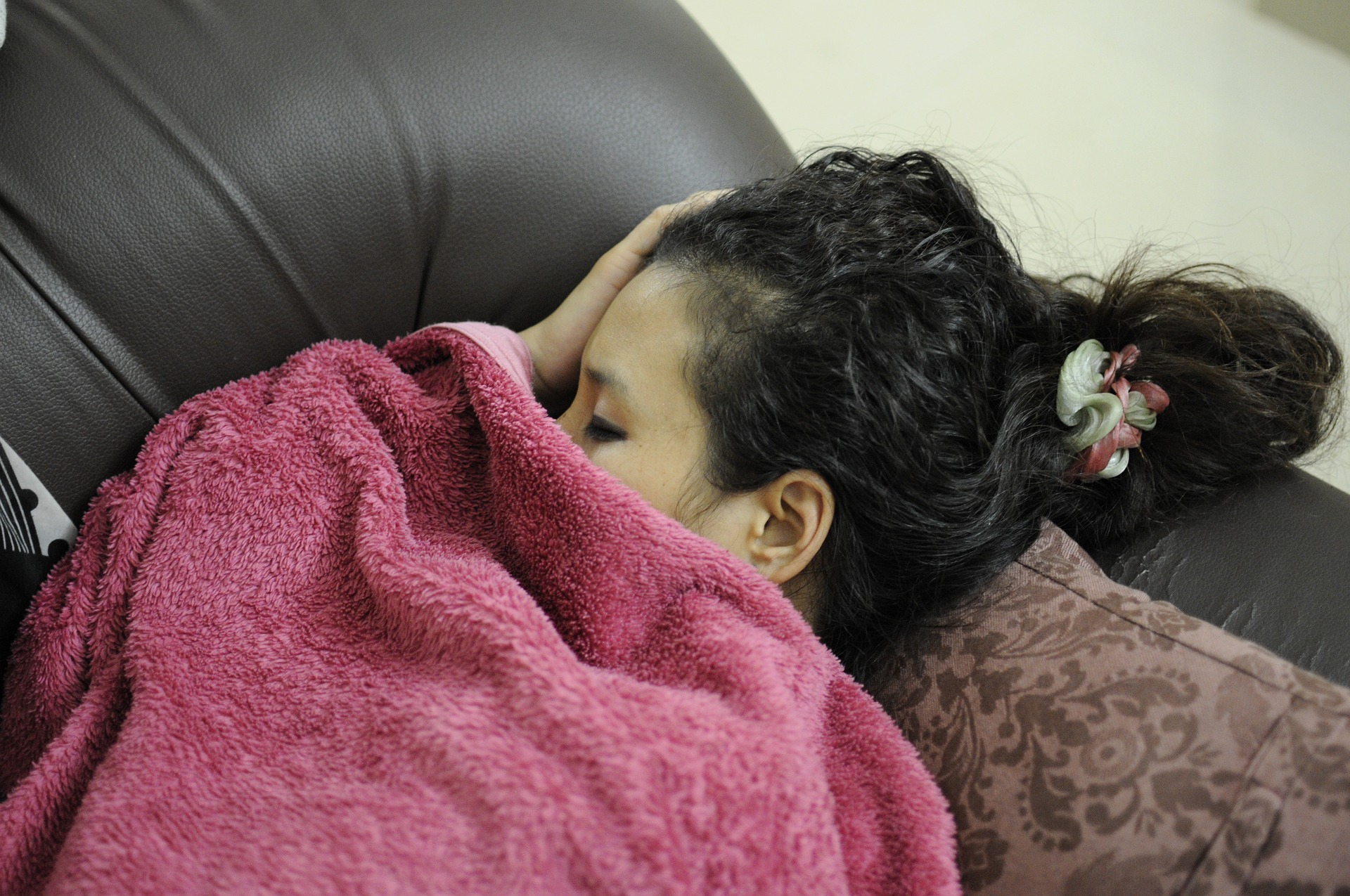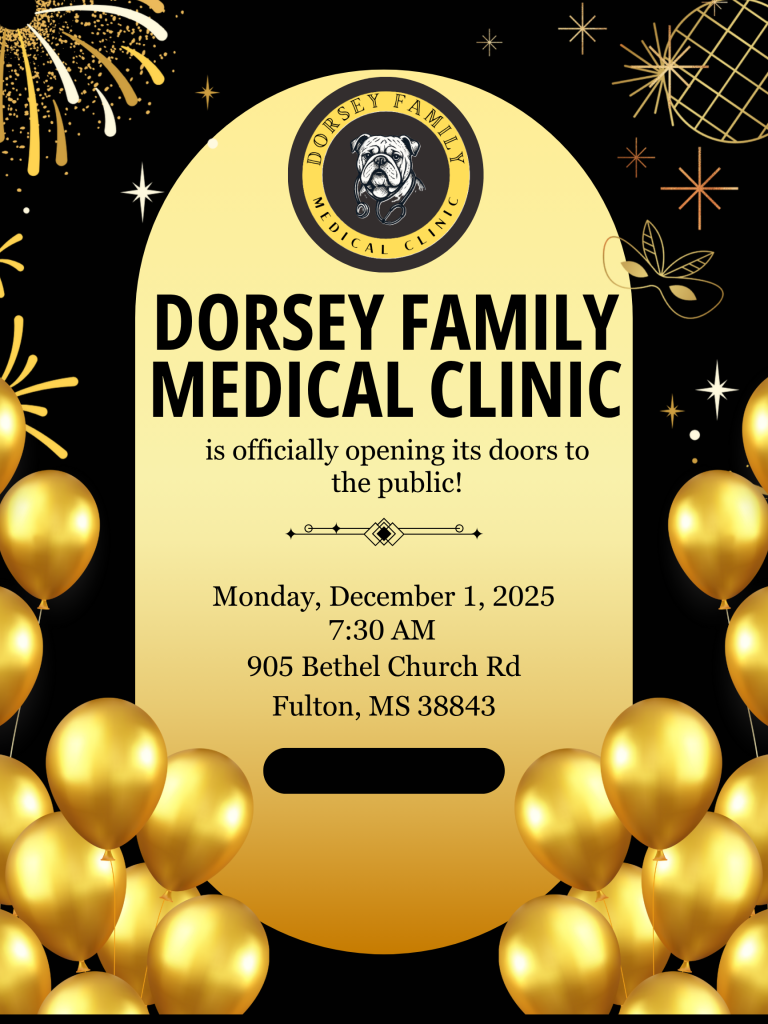 Pneumonia is an infection that inflames air sacs in one or both lungs, which may fill with fluid. Pneumonia is treatable, but spotting the infection early presents a challenge. It’s often difficult to diagnose because the symptoms of pneumonia are very similar to the symptoms of a cold or the flu.
Pneumonia is an infection that inflames air sacs in one or both lungs, which may fill with fluid. Pneumonia is treatable, but spotting the infection early presents a challenge. It’s often difficult to diagnose because the symptoms of pneumonia are very similar to the symptoms of a cold or the flu.
When to Call Your Doctor for Pneumonia
Call your medical care provider if you have a cough that won’t go away or you’re coughing up pus. Other symptoms that could spur a call:
- Chest pain
- Fever that stays at 102 F or higher
- Shaking chills
- Shortness of breath as you go about your day
- Trouble breathing
If you experience pain in your chest, you need to see a medical care provider. If left untreated pneumonia can cause permanent damage to the lungs. Because it shares symptoms with cold and flu, people will often self medicate at home. If you don’t see improvement in a few days, don’t write it off.
Pneumonia symptoms last longer than the cold and flu. Resting, drinking plenty of fluids, and taking over the counter medicine can help you recover. However, if you are still experiencing coughing, chest pain, and congestion after three to five days, you should seek medical care.
Pneumonia Prevention
According to the Centers for Disease Control (CDC) some kinds of pneumonia, not all, can be prevented with vaccines.There are two kinds of pneumococcal vaccines available in the United States:
- Pneumococcal conjugate vaccine
- Pneumococcal polysaccharide vaccine
The CDC recommends pneumococcal conjugate vaccine for all children younger than 2 years old, all adults 65 years or older, and people 2 through 64 years old with certain medical conditions. The CDC recommends pneumococcal polysaccharide vaccine for all adults 65 years or older, people 2 through 64 years old with certain medical conditions, and adults 19 through 64 years old who smoke cigarettes.
Several other vaccines can prevent illnesses which may turn into pneumonia including:
- Haemophilus influenzae type b (Hib)
- Pertussis (whooping cough)
- Varicella (chickenpox)
- Measles
- Influenza (flu)
Vaccination is one of the best ways parents can protect infants, children, and teens from potentially harmful diseases.The flu shot is important because everyone is at risk for the flu. Those with weaker immunity such as young children, adults over 65 and people fighting cancer, diabetes, HIV or any other disease are more likely to develop complications which can lead to pneumonia. In these groups, pneumonia symptoms can be life-threatening.
Do you have pneumonia like symptoms? Give us a call at (662) 282-4226. Mantachie Rural Health Care can provide prompt, affordable pneumonia treatment. Schedule an appointment today!



Speak Your Mind